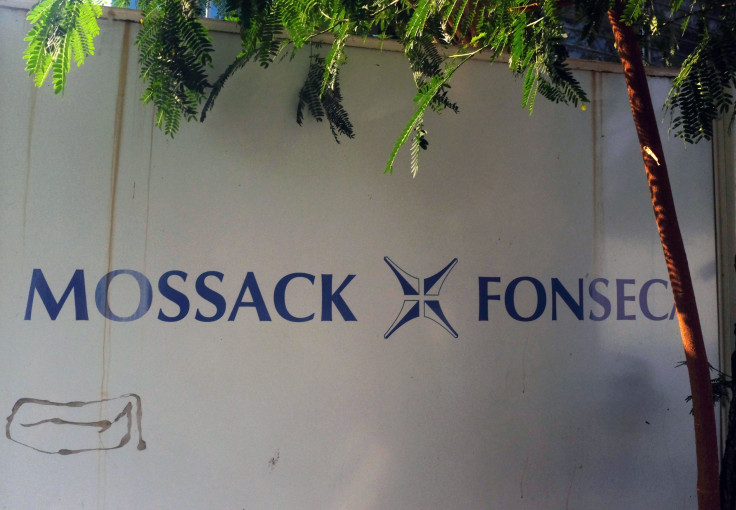
Yesterday marked an important day for the world, for journalism and for society’s rights to be informed. The largest journalistic leak in history took place with the participation of the Washington-based International Consortium of Investigative Journalists, suggesting that 140 politicians and officials from around the globe, including 72 former and current world leaders, are involved with secret "offshore" companies in order to avoid taxes in their countries and hide their fortunes.
All of this was done through one of the world's largest offshore law firms, Mossack Fonseca, which resides in Panama. Here are 10 things to get a better understanding of the massive leak:
- How it started: An anonymous source contacted the German newspaper, Süddeutsche Zeitung over a year ago, wanting to submit encrypted internal documents from the Panamanian law firm, with the only intention being to “report the crimes.”
- Team effort: Panama Papers is the biggest-ever international cooperation of its kind. In the past 12 months, around 400 journalists from more than 100 media organizations in over 80 countries. More than 370 journalists, from at least 78 countries around the world in 100 media organizations have taken part in researching, dissecting and publishing the documents. This includes teams from the Guardian and the BBC in England, Le Monde in France, Proceso and Aristegui Noticias in Mexico, and La Nación in Argentina, to name a few.
- What the data includes: The leak is compiled of up to 11.5 million documents, such as e-mails, pdf files, photo files, and excerpts of an internal Mossack Fonseca database. It covers a period of over 40 years, spanning from the 1970s to 2016.
- How it’s structured: A folder for each shell company existed, and each folder could contain up to thousands of pages of e-mails, contracts, transcripts, and scanned documents. Next, the documentation was uploaded to high-powered computers to apply optical character recognition, which then made it available in a search engine.
- How the company works: Besides the fact that owning an offshore company is generally not illegal, it most often constitutes a business structure used for illegal dealings. Mossack Fonseca’s clients can buy offshore companies for as little as $1,000.
- The ultimate trick: However, if desired, the company can have a fake director to conceal the true shareholder’s identity. This comes at a higher cost, but it is normally how the system works. This is where Mossack Fonseca's hands get dirty, by accepting to engage in business activities that potentially violate sanctions, in addition to aiding and abetting tax evasion and money laundering.
- The clients: The information revealed the involvement of numerous world leaders, politicians, art dealers, FIFA and UEFA officials, weapon dealers, star athletes (such as soccer superstar Lionel Messi). The involvement of some current and former heads of state was revealed through their aides, or close friends, such as Enrique Peña Nieto, who is involved through his "favorite" contractor, Juan Armando Hinojosa; Cristina Fernández de Kirchner and Néstor Kirchner, who are involved through their longtime aide, Daniel Muñoz, only to name a few. Former Egyptian president, Muammar Qaddafi, current Argentine President Mauricio Macri, Iceland’s prime minister, Sigmundur Gunnlaugson and current Ukraine President, Petro Poroshenko are also mentioned. From Spain, Pilar de Borbón, sister to former Spanish King Juan Carlos. as well as filmmaker Pedro Almodóvar and his brother were also involved.
- The companies: While the documents mention more than 214,000 offshore companies in more than 200 countries and territories, these are only negotiated in Panama.
- A minuscule piece: Offshore banking expert, Charles Intriago, told Al Jazeera that there may be 60 to 65 other countries besides Panama where such activities were taking place. “If you multiply that times 60, including some of the major secrecy havens like Switzerland, Liechtenstein, the Caribbean islands and others, you’re talking about a massive number of people who are hiding money of one type or another," he said.
- The firm’s reaction: Mossack Fonseca says offshore companies are available worldwide and are used for a variety of legitimate purposes. “If we detect suspicious activity or misconduct, we are quick to report it to the authorities,” it said. “Similarly, when authorities approach us with evidence of possible misconduct, we always co-operate fully with them.”
© 2025 Latin Times. All rights reserved. Do not reproduce without permission.




